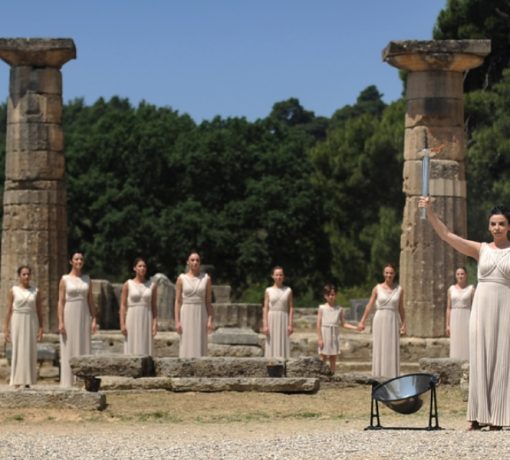Tour Highlights
- Admire significant landmarks and soak in the rustic views of the Peloponnese
- Experience the glory of Ancient Corinth
- Visit the ancient city of Mycenae
- Your overnight stay is in Olympia
Helpful Notes
- Duration: +/- 2 days – Suggested start time: 8:30 am
- Tour Size: The tour can be offered privately or escorted within a small group.
- Practicalities: Tour requires a fair amount of walking, comfortable shoes & a hat are recommended.
- Tour Includes: Round Trip Vehicle Transport, GNTO Licensed English speaking guide, all entrance fees & taxes.
- Tour Does Not Include: Personal expenses and gratuities for guide and driver (non-compulsory).
Overview
Your tour includes a visit to: Ancient Corinth (where you can see the Long Walls that begin at the summit of Acro-Corinth and descend all the way to Lechaion, the Agora, the Dorian Temple of Apollo, the museum which contains mosaic floors, Mycenaean and Corinthian pottery, terracotta sphinxes, statues of two supernatural beings, and small objects of various kinds, and the Bima where St Paul preached.
Your journey continues with a visit to the Canal (which is about 6 km long and connects the Aegean Sea with the Ionian Sea; Mycenae (where you will see the Cyclopean Walls, the Grave Circle A with 6 royal tombs, the Grave Circle B with 14 royal tombs and 12 tombs of private citizens, the Treasury of Atreus, and the Lions Gate), Nafplion (where you can climb up the 999 steps to the Venetian fortress of Palamidi crowning the city, wander around the battlements of Acronafplia, and finally Ancient Olympia.
In Ancient Olympia, you will see The Archaeological Site, the Prytaneion [where ceremonies honoring the winners took place], the Philippeion, next to it the Heraion [a Doric Temple dedicated to Hera], the Pelopion [an altar dedicated to Pelops from whom the Peloponnese is named], the Doric Temple of Zeus, The Archaeological Museum, (here are displayed findings, among them there are the stone head of Hera, Praxiteles’ marble statue of Hermes, Miltiades’ helmet, the terra cotta group of Zeus carrying Ganymede, and the sculptures from the pediments and metopes of the Temple of Zeus, among the most important works of Classical art. There are also pottery, terracotta and bronze figurines, and votive offerings from the sanctuary) and The Museum of the Olympic Games.
The Olympic flame during the Torch lighting ceremony

